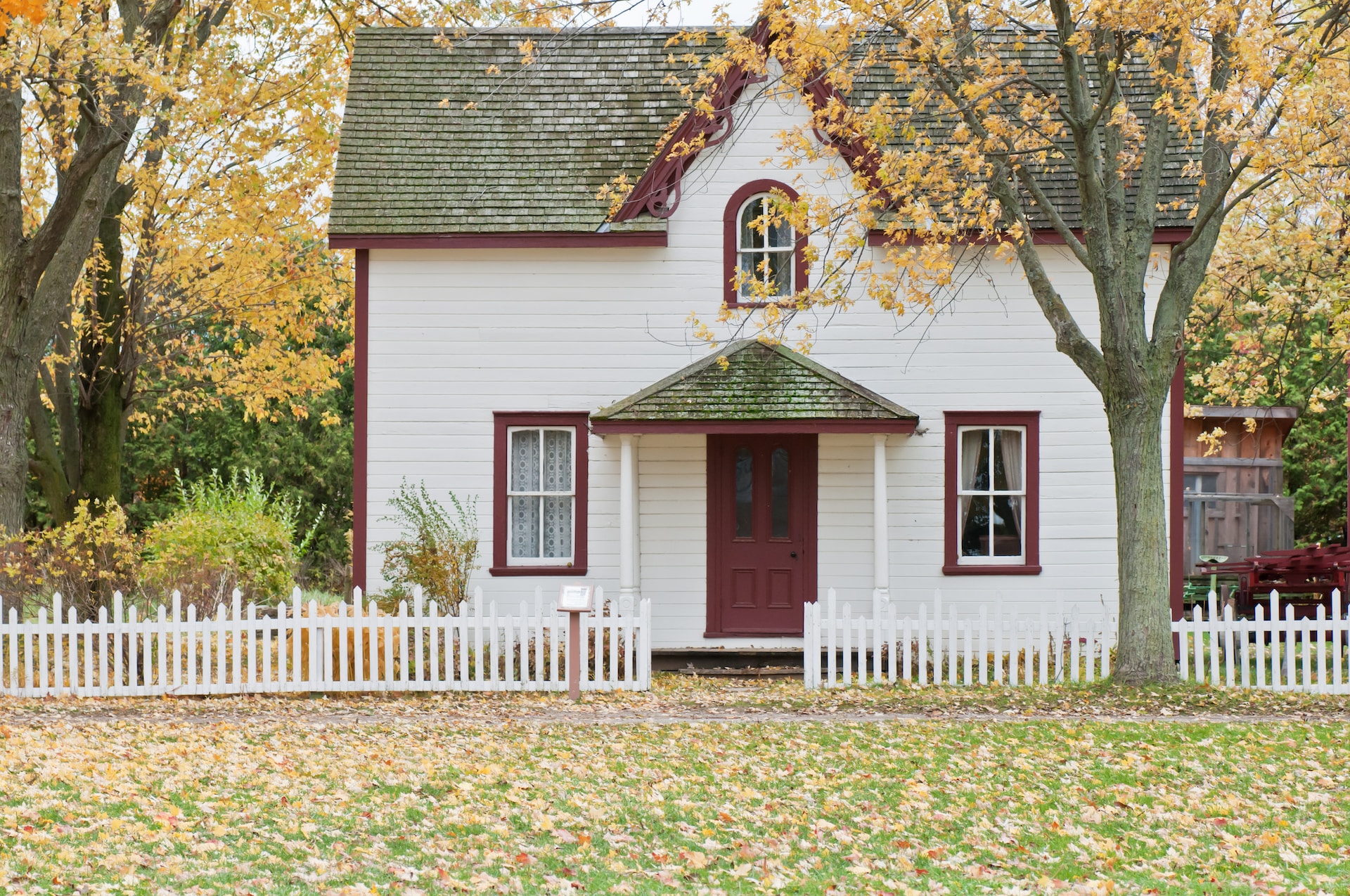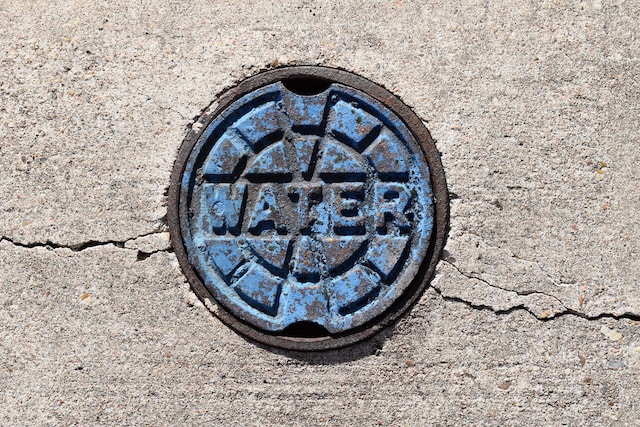Are you considering eco-friendly home improvements? Did you know that these improvements can have a positive impact on your homeowners insurance? By making green home improvements, you can not only reduce your carbon footprint but also potentially save money on your insurance premiums.
Many insurance companies offer homeowners insurance endorsements specifically for eco-friendly homes. These endorsements can provide discounts on your insurance premiums or coverage for eco-friendly upgrades after a covered loss. In this article, we will explore the benefits of making eco-friendly home improvements, what it means to have an eco-friendly home, the advantages of living in eco-friendly homes, how an eco-friendly home can help you save on your homeowners policy, and which companies offer discounts or rebates for eco-friendly products.
What Does It Mean To Have an Eco-Friendly Home?
An eco-friendly home goes beyond traditional housing by incorporating sustainable materials and features that reduce its overall carbon footprint and environmental impact. By utilizing sustainably sourced materials, such as reclaimed wood or recycled materials, you can minimize the strain on natural resources and reduce waste. Installing energy-efficient windows can improve insulation, reducing the need for excessive heating or cooling and lowering energy consumption.
Green roofs, which are covered in vegetation, not only provide an aesthetically pleasing element to your home but also enhance air quality and water storage. These roofs can help filter pollutants from the air and absorb rainwater, reducing runoff and minimizing strain on local water systems. Equipping your home with ENERGY STAR appliances ensures that your household appliances meet energy efficiency standards, reducing both energy consumption and utility costs.
Integrating smart home devices can further enhance the eco-friendliness of your home. These devices allow for efficient management of energy usage, such as turning off lights and adjusting thermostats when not in use. Installing solar panels can harness renewable energy from the sun, reducing dependence on fossil fuels and lowering electricity bills. Water conservation is another crucial aspect of eco-friendly homes, which can be achieved through the use of low-flow fixtures and rainwater collection systems.
Passive home design principles are another important factor in creating an eco-friendly home. By designing your home to maximize natural lighting and ventilation, you can reduce the need for artificial lighting and cooling systems, thus reducing energy consumption. Waste management practices, such as recycling and proper disposal, contribute to minimizing the overall environmental impact of your home.
What Are the Benefits of Living in Eco-Friendly Homes?
One of the key advantages of living in an eco-friendly home is lower energy consumption, which directly translates to lower energy bills. By implementing energy-efficient features such as insulation, smart home systems, and solar panels, you can significantly reduce your monthly utility expenses. This not only saves you money but also helps to create a more sustainable lifestyle.
Another benefit is the reduced carbon footprint. Eco-friendly homes prioritize sustainability and incorporate features that minimize environmental impact. By using sustainably sourced materials, conserving water, and utilizing renewable energy sources, you can play a part in reducing greenhouse gas emissions and combating climate change.
Eco-friendly homes often have improved air quality. These homes promote the use of non-toxic materials and proper ventilation systems, which help to reduce indoor air pollution and create a healthier living environment. This can lead to fewer respiratory issues and allergies, improving overall well-being for you and your family.
Eco-Friendly Homes and Homeowners Insurance
As a homeowner, you may wonder if an eco-friendly home can help you save on your homeowners insurance. The answer is yes! Many insurance companies offer discounts and incentives for eco-friendly homes and green home improvements.
By making eco-friendly upgrades to your home, you can potentially lower your insurance premiums. Insurance companies recognize the reduced risk associated with eco-friendly homes, as they are less prone to damage and accidents.
In addition to lower insurance premiums, having an eco-friendly home can also lead to lower maintenance costs. Energy-efficient appliances and sustainable materials often require less upkeep, resulting in savings over time.
Benefits of Eco-Friendly Home Insurance:
- Lower insurance premiums
- Reduced risk of damage and accidents
- Lower maintenance costs
- Environmental sustainability
When shopping for homeowners insurance, consider insurance companies that offer specific discounts and rebates for eco-friendly products and green home improvements. Before making any eco-friendly upgrades to your home, it’s always a good idea to check with your insurance provider to ensure that they offer discounts for those specific improvements. Each insurance company may have different requirements and coverage terms, so it’s essential to review the details to maximize your potential savings.
Obtaining green home endorsements from insurance companies can potentially save you money on your homeowners insurance premiums. These endorsements may provide discounts or coverage for eco-friendly upgrades after a covered loss. Embracing an eco-friendly lifestyle not only benefits the environment but also leads to a more sustainable and cost-effective way of living. In addition to insurance discounts, there are various government grants and tax credits available to support eco-friendly home improvements. So take a step towards an eco-friendly home, reduce your carbon footprint, save money, and enjoy a more sustainable lifestyle.




